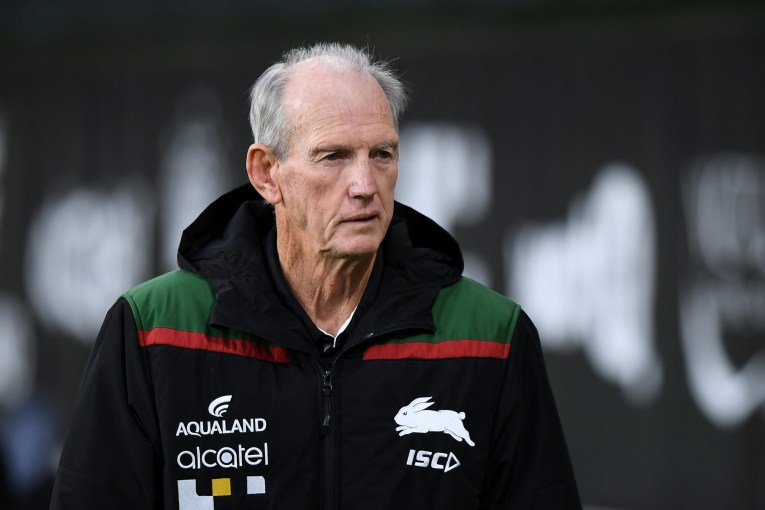Lose weight, gain health: Doctors ill-equipped to support obese Australians
GPs hold the key to addressing Australia’s obesity epidemic but few patients are receiving targeted weight management support.

Less than one per cent of obese Australians who visit their GP receive weight management support, the report says. (Image: Pexels)
More than two-thirds of Australian adults are classed as overweight or obese and that figure is projected to increase in coming years.
Obesity rates have doubled over the last decade at an annual cost of almost $12 billion.
The findings are contained in a report released ahead of World Obesity Day on Saturday by health research alliance Research Australia, which warns general practitioners need targeted assistance to support their patients.
Less than one per cent of obese Australians who visit their GP receive weight management support, the report says, despite research indicating many cases can be linked to genetics, family history and ethnicity.
Royal Australian College of General Practitioners specialist Georgia Rigas said obesity was a complex medical condition that affected individuals in many different ways, ranging from metabolic complications to mental health issues.
“Obesity management is not about loss of weight but rather gains in health,” she said.
“What a person living with obesity wants to hear from their GP is ‘I understand your disease and I am here to help’.”
Obesity remained “greatly misunderstood”, leaving patients at risk of stigmatisation, miscommunication and a lack of formal medical diagnosis.
The report found there was an urgent need to upskill general practitioners and provide them with the resources needed to support patients.
Educating Australians on the complexities of obesity is also critical, Research Australia chief executive Nadia Levin said.
“By 2032, Australians’ life expectancy could be cut by five years if obesity rates are not halved,” she said.
“Now is the time to provide dedicated, sustainable funding to ensure Australia’s world leading obesity researchers are sufficiently supported to continue to provide this evidence for change.”
The report, jointly produced with Danish pharmaceutical giant Novo Nordisk, highlighted the disproportionate impact of obesity upon Indigenous people, those living in the regions and older adults.
More than 70 per cent of Aboriginal and Torres Strait Islanders aged 15 or above are overweight or obese, contributing to the health gap with non-Indigenous Australians, the report found.
-AAP












